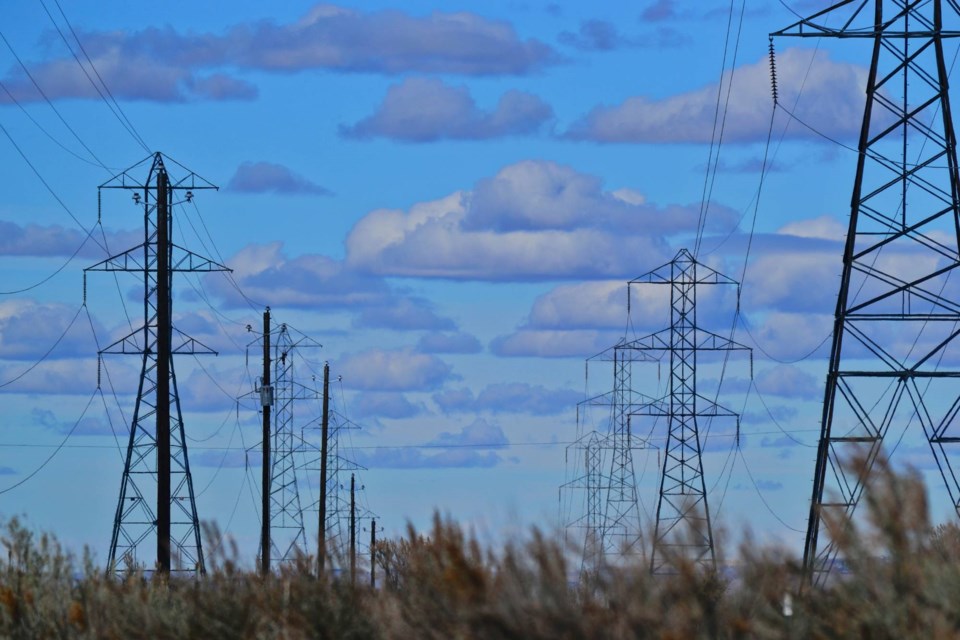TIMMINS - The province has decided who will build a 260-kilometre transmission line to boost Northern Ontario.
Hydro One won the bid to build the new Wawa-Porcupine transmission line, which is expected to go into service in 2030, the province announced today. Hydro One has a 50-50 partnership with Wabun Tribal Council for the project.
“Our government is supporting the incredible growth in Timmins and across Northeastern Ontario by accelerating the development of a new transmission line that will power new homes, businesses and mines,” said Stephen Lecce, Minister of Energy and Electrification, in a news release.
“Our focus on ensuring access to reliable and affordable energy is key to ensuring business across the north remain competitive, especially as demand for Ontario’s responsibly sourced metals and critical minerals grows.”
The new line will run 260 kilometres from the Wawa Transformer Station south of the township to the Porcupine Transformer Station in Timmins.
Hydro One's site in Timmins is amid an $80 million upgrade to replace switches, system protection and telecommunication equipment. When the upgrades are finished — which is expected to be around 2026 — it's expected that there will be strengthened reliability and resiliency in the electricity network in Timmins and area.
RELATED: Massive transformer part of $80M hydro project in Timmins
The new transmission line project is one of the recommendations in an Independent Electricity System Operator (IESO) report. It made suggestions to improve reliability for existing and future loads in the Timmins area, and increase power transfer capability from Sudbury to supply future loads in the Sault Ste. Marie area and northwest regions.
By 2025, the IESO predicts the electricity demand in northeastern Ontario will grow by 540 megawatts, which is a spike of 28 per cent. The forecast includes new mining developments and industrial loads in the region.
Timmins MPP and Minister of Mines George Pirie says the line is a critical step to power the future of Timmins and mining in the region.
“As Timmins continues to thrive as a key hub for mining and economic activity, ensuring greater access to clean and reliable energy is vital to meet the region’s increasing energy needs that will power the mines of tomorrow, which benefits all of Ontario," he said.
Wabun Tribal Council represents six Treaty 9 First Nations in Northern Ontario, and five of them – Mattagami, Brunswick House, Matachewan, Flying Post, and Chapleau Ojibwe — are involved in the project partnership.
"This project not only provides value to our communities as owners of renewable infrastructure but increases the transmission capacity in the Ontario hydro grid system that is desperately needed. We look forward to working with the Ministry of Energy and Electrification and other stakeholders as we plan and build the hydro line over the next four years," said Jason Batise, Wabun Tribal Council executive director.
Wabun's bid for the project was backed by Timmins Mayor Michelle Boileau, who also supported the competing bid by Transmission Infrastructure Partnerships 9 (TIP-9 coalition) that included Taykwa Tagamou Nation, Michipicoten First Nation, Chapleau Cree First Nation and Missanabie Cree First Nation.
Five Nations Energy also supported the Hydro One bid.
Boileau said the announcement allows the region to proactively plan.
"Access to a stable and reliable energy source will allow local businesses to remain competitive and support the increase in demand from supply chain growth and other target sector expansion," she said in the release.



